Intel Xeon E Six-Core Review: E-2186G, E-2176G, E-2146G, and E-2136 Tested
by Ian Cutress on November 5, 2018 12:00 PM EST- Posted in
- CPUs
- Intel
- Xeon
- Enterprise CPUs
- Xeon E
Test Bed and Setup
As per our processor testing policy, we take a premium category motherboard suitable for the socket, and equip the system with a suitable amount of memory running at the manufacturer's maximum supported frequency. This is also typically run at JEDEC subtimings where possible. It is noted that some users are not keen on this policy, stating that sometimes the maximum supported frequency is quite low, or faster memory is available at a similar price, or that the JEDEC speeds can be prohibitive for performance. While these comments make sense, ultimately very few users apply memory profiles (either XMP or other) as they require interaction with the BIOS, and most users will fall back on JEDEC supported speeds - this includes home users as well as industry who might want to shave off a cent or two from the cost or stay within the margins set by the manufacturer. Where possible, we will extend out testing to include faster memory modules either at the same time as the review or a later date.
| Test Setup | |||||
| Intel Xeon | E-2186G E-2176G E-2146G E-2136 |
Supermicro X11SCA-W |
v1 | TRUE Copper | Corsair Ballistix 4x4GB DDR4-2666 |
| E3-1280 v5 E3-1275 v5 E3-1270 v5 |
GIGABYTE X170-Extreme ECC |
F21e | Silverstone AR10-115XS* |
G.Skill RipjawsV 2x16GB DDR4-2133 |
|
| Intel | i9-9900K i9-9700K i9-9600K |
ASRock Z390 Gaming i7 |
P1.70 | TRUE Copper | Crucial Ballistix 4x4GB DDR4-2666 |
| Intel | i7-8086K i7-8700K i5-8600K i5-8400 |
ASRock Z390 Gaming i7 |
P1.70 | TRUE Copper | Crucial Ballistix 4x4 GB DDR4-2666 |
| AMD | Ryzen 7 2700X Ryzen 5 2600X |
ASRock X370 Gaming K4 |
P4.80 | Wraith Max* | G.Skill SniperX 2x8GB DDR4-2933 |
| GPU | Sapphire RX 460 2GB (CPU Tests) MSI GTX 1080 Gaming 8G (Gaming Tests) |
||||
| PSU | Corsair AX860i Corsair AX1200i |
||||
| SSD | Crucial MX200 1TB | ||||
| OS | Windows 10 x64 RS3 1709 Spectre and Meltdown Patched |
||||
| *VRM Supplimented with SST-FHP141-VF 173 CFM fans | |||||
Many thanks to...
We must thank the following companies for kindly providing hardware for our multiple test beds. Some of this hardware is not in this test bed specifically, but is used in other testing.


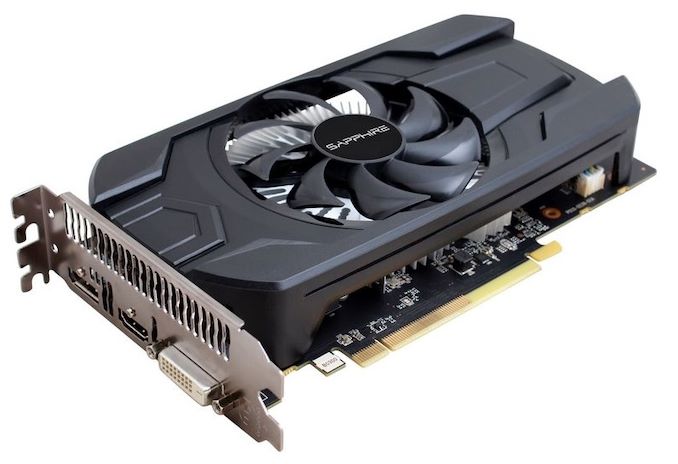
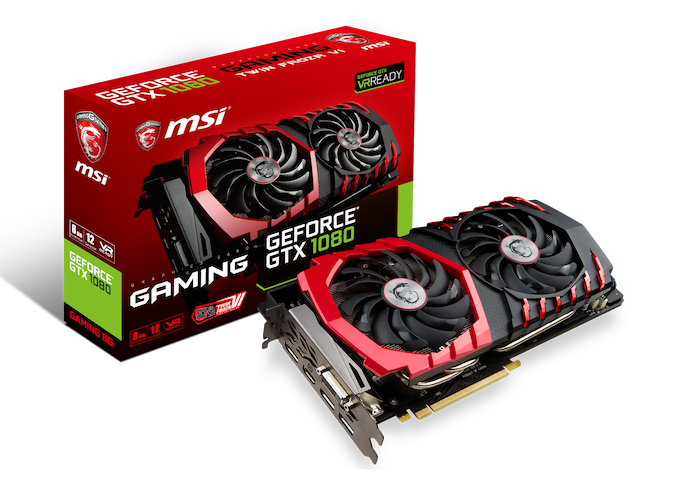
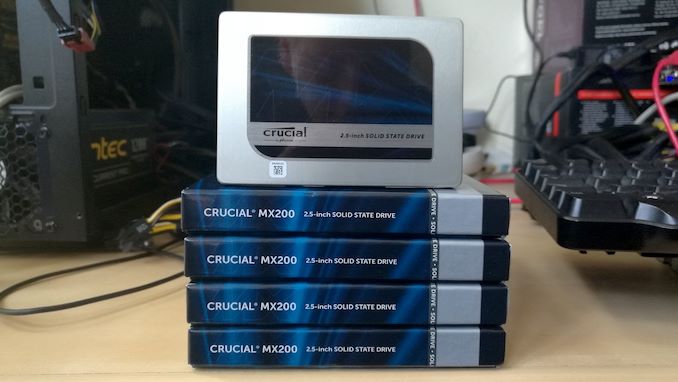
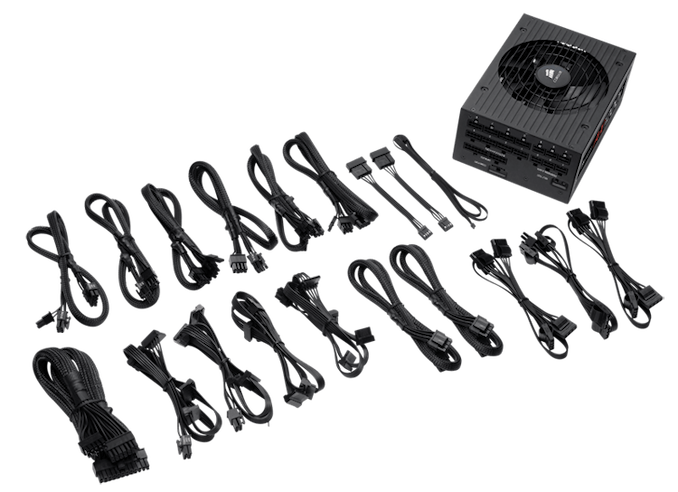
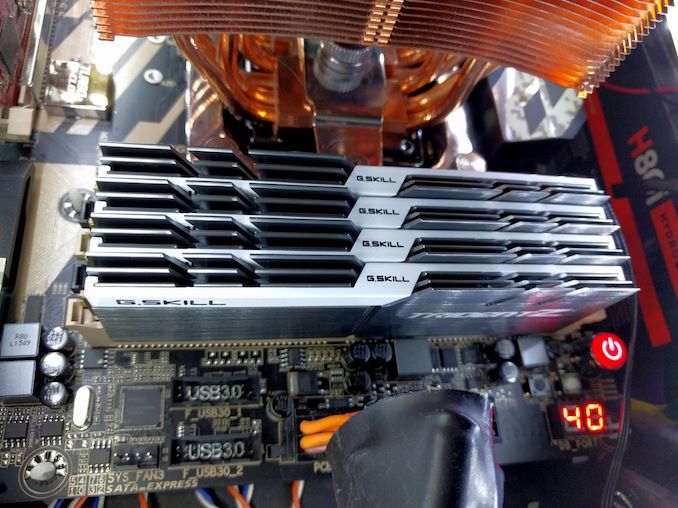
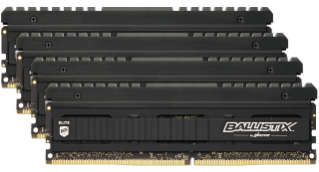
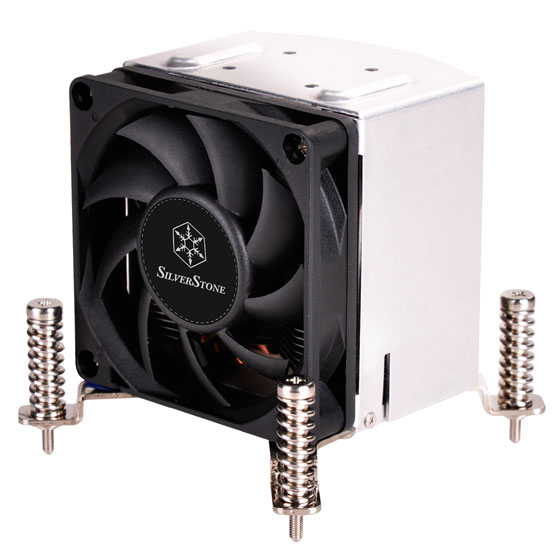
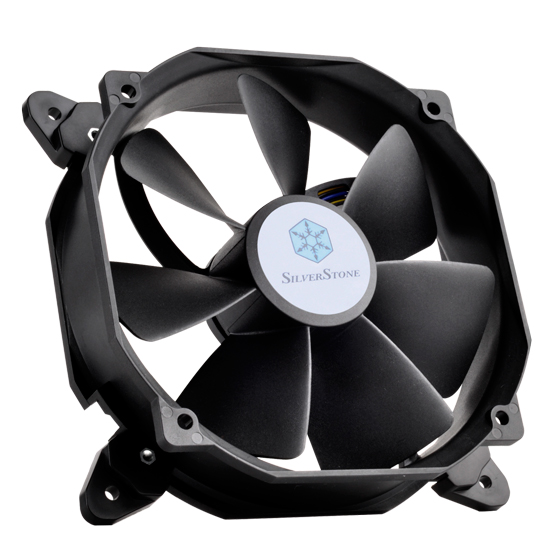








48 Comments
View All Comments
GTVic - Monday, November 5, 2018 - link
I'm wondering what is the status on the W-Series. Seems like no update/launches for over 1 year?CallumS - Monday, November 5, 2018 - link
These look great for SMB finance/inventory management/ERP applications where low latency and high single thread performance is often most beneficial. Or where software is licensed per core. Particularly if they are available within servers with OK remote management functionality at decent price points. I'd love to be able to recommend 3 or 4 of them, and the presumably upcoming 8 core configuration when it is are available, in 1U servers to SMBs rather than Xeon-SP configurations.The Intel Xeon-SP configurations are obviously still going to be the best performing and value for a lot of large enterprise/scale workloads but for smaller organisations and applications only used by under a 100 users, having the simplicity (i.e. no NUMA configuration/consideration requirements) and the performance benefits of a leaner configuration would be great. Plus, having 3 or 4 identical servers with SSD drives in RAID1 could dramatically simplify and improve a lot of local hardware related DR capabilities for organisations with moderate budgets and requirements (essentially an unplug of production SSD drives and move to another/test server).
From a market competition perspective, unfortunately it doesn't look like there is any other decent options for entry level server usage at this price at the moment. The AMD EPYC platform and CPUs are too expensive and at too lower clock speeds for a lot of business applications requiring quick response times/low latency and or licensing per core. And while AMD Ryzen CPUs are great for desktops, particularly where a dedicated GPU was already going to be required, this is actually one area where the Intel solutions can often end up cheaper and better when factoring platform costs - while also having far better support and availability. Therefore, it's really just Intel competing with themselves at the moment and enticing businesses to upgrade/invest. While not hopeful, it would be great if AMD and partners could change this.
Given that an 8700k in one of my desktops is already quicker than a lot of the 12 to 16 core Intel Xeon-SP configurations that we've also used, even for heavy load tests, due to frequency, latency, and IPC benefits, I'm really looking forward to these CPUs, and the 8 core version, hitting the market. Just the saving in per core licensing costs would probably make it cheaper to buy new servers with these CPUs than to configure new VMs on existing Xeon-SP servers for new setups.
Cooe - Tuesday, November 6, 2018 - link
Uhh... You seem to have entirely forgotten that X399 & Ryzen Threadripper exist. Plenty good single-core performance, but absolutely barnstorming multi-core for the price, ECC support, AND 64x PCIe 3.0 lanes.CallumS - Tuesday, November 6, 2018 - link
Agreed about Ryzen Threadripper CPUs being great for multi-threaded workloads and also having pretty good single core performance. I didn't forget, it's what will likely be in my next workstation, I just didn't go into that detail for the purpose of brevity.For production server purposes, atleast a basic remote management interface and support from the major vendors is generally required, though. If we could get a Ryzen Threadripper 2950X or equivalent EPYC CPU with similar frequencies in a 1RU chasis from a major vendor with decent support and management interfaces at a good price, we'd be all over it. Perhaps with the new Zen 2 EPYC CPUs about to be announced, AMD will offer something like it. I certainly hope so.
Spunjji - Tuesday, November 6, 2018 - link
It has nothing to do with what AMD are offering, unfortunately, and everything to do with what system integrators are prepared to put out there. As long as Intel is filling their pockets with plenty of MDF then I wouldn't expect to see anything soon. Hell, HP even took the iLO out of their MicroServer when they switched back to using AMD CPUs because "reasons".CallumS - Tuesday, November 6, 2018 - link
I think that it's far more likely to be a combination. System integrators still require support from manufacturers/vendors for the products/solutions that they are selling. And both AMD and Intel definitely put in mechanisms/differences to protect product lines/profit. It's not like the major vendors aren't selling EPYC systems now. A new EPYC SKU by AMD with 2950X like performance would in itself provide us with the option for a higher frequency server/EPYC CPU. Given the TDP of the Epyc 7601, it should be quite easy and practical to do from engineering and manufacturing perspectives. Or, alternatively, it should be easy enough for AMD to provide capabilities for, and to encourage, board partners to release 'server' orientated Threadripper boards. Either of which I'd love to see - but would still much prefer higher frequency EPYC SKUs due to memory and platform advantages - particularly with major system integrators already having validated EPYC server platforms.Dusk_Star - Monday, November 5, 2018 - link
Corsair Ballistix4x4GB
DDR4-2666
I feel like this should be *Crucial Ballistix* to match the rest of the "Test Setup" table.
watersb - Tuesday, November 6, 2018 - link
Awesome review, many thanks.I usually build my systems with ECC DRAM, whenever possible, but that has become a huge pain point over the past few generations.
I prefer to hear the news on these parts from AnandTech. ServeTheHome is fantastic, but nothing but $10,000+ systems gets a bit discouraging.
mkaibear - Tuesday, November 6, 2018 - link
Can I just say how much the header text (EEEEEEEE) made me laugh?Not sure why, think it just appealed to my inner surrealist.
Cheers!
CyrIng - Thursday, November 8, 2018 - link
Nice review and thanks for the Chromium results but those are professional processors which to my pov will also be employed in Linux/BSD/database/backend frameworks and so on where games don't really matter.For example, x86 and arm cross compilations such as buildroot would be great to read.
As an engineer Windows is out of the scope